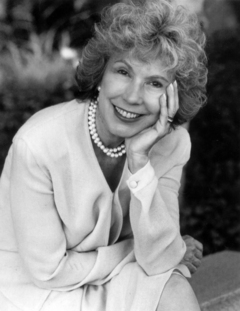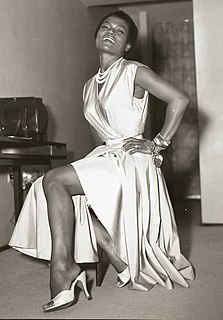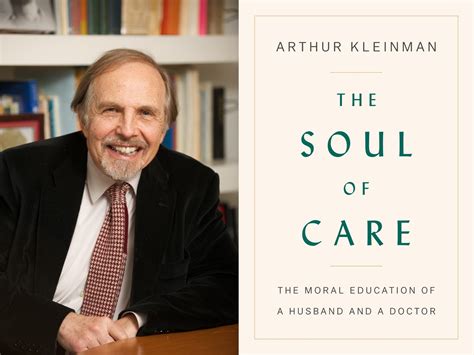A Quote by Patrisse Cullors
'The Story of Us with Morgan Freeman' is a reminder that people across the world are rebelling against norms and forging new paths for the most marginalized people in their own communities.
Related Quotes
If people are given the opportunity to really make a difference in their own lives, their own communities, their own businesses and their own governments, then we can really transform the prospects of life on this planet. We can find ourselves living in a world that is more like the world that I think most of us want to be living in.
Latino actors and actresses have had to struggle for decades, but when I came around with Real Women Have Curves, attitudes were starting to change. We screened the film all over the world - in Jewish communities, black communities, Greek communities, German communities - and people across the board said, "That's my family."
The children of America are not rebelling for no reason. They are not hippies for no reason at all. We don’t have what we have on Sunset Blvd. for no reason. They are rebelling against something. There are so many things burning the people of this country, particularly mothers. They feel they are going to raise sons—and I know what it's like, and you have children of your own, Mrs. Johnson—we raise children and send them to war.
When social movements engage in legal reform, they often mobilize images of people from their constituent population who most match national norms about what "deserving citizens" are like, and use those people as spokespeople and as lead plaintiffs in legal cases. This strategy requires that people who are experiencing intersectional harm - who are vulnerable through multiple vectors of demonization and marginalization - be further marginalized and disappeared by the advocacy.
These things are happening in large measure because of us. We in this country burn 25 percent of the world's fossil fuel, create 25 percent of the world's carbon dioxide. It is us - it is the affluent lifestyles that we lead that overwhelmingly contribute to this problem. And to call it a problem is to understate what it really is. Which is a crime. Crime against the poorest and most marginalized people on this planet. We've never figured out, though God knows we've tried, a more effective way to destroy their lives.
Few people...have had much training in listening. The training of most oververbalized professional intellectuals is in the opposite direction. Living in a competitive culture, most of us are most of the time chiefly concerned with getting our own views across, and we tend to find other people's speeches a tedious interruption of the flow of our own ideas.






































